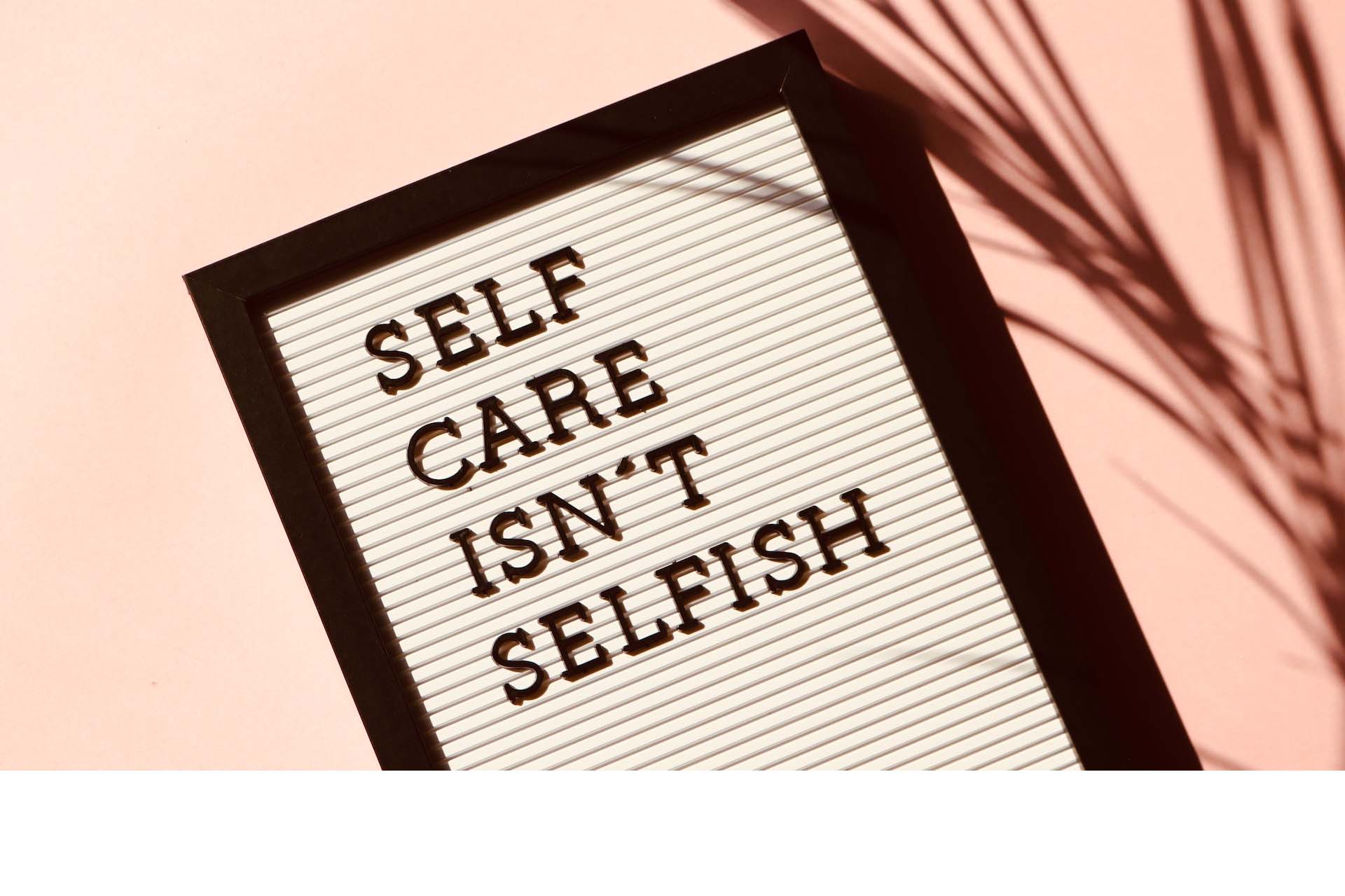May is Mental Health Awareness Month. It’s the perfect time to take care of your mental and emotional well-being and learn more through new discussions happening worldwide. It brings attention to behavioural health issues, reduces stigma, and emphasizes how mental illness and addiction can impact everyone, including patients, providers, families, and society.
President Biden emphasized the significance of Mental Health Awareness Month and how it is crucial to address the harmful effects of isolation, sickness, grief, and job loss on one’s mental health. He also recognized the difficulty of obtaining mental health services during challenging times.
Always keep in mind that you are not alone.
That is the theme of this year’s awareness month from the National Alliance on Mental Illness. Experts stress that now is the time to focus on healing, reaching out, and connecting safely by acknowledging that it’s okay not to be okay.
Q: How mental stress impacts our physical well-being?
Sure! Our physical and emotional health are interdependent and contribute to our overall health. While some amount of stress is regular, prolonged periods can take a toll on our bodies and lead to health issues.
Mental stress impacts the immune system in many ways and increases physical illness.
Q: What are the best ways to remain mentally strong during times of crisis?
A: One of the best things is to practice self-compassion. Be nice to yourself. Ideas for this include:
- Remain hopeful. Find things to be grateful for. How about starting a gratitude journal or filling the gratitude jar with notes?
- Use your phone to stay connected with a balance on when to disconnect.
- Get the facts but monitor the time you spend watching the news.
- Eat healthy, fresh, and start moving: Does it mean following a diet or a strict workout? It helps to change your lifestyle by saying no to processed food and adding salads and green vegetables to your plate. Go for walks, play sports, and keep yourself active by doing house chores.
- Plan, organize, and manage your time fruitfully so that you take control of things most of the time.
- Be fun and creative at home (e.g., dance, listen to music, do little house projects, journal).
- Setting a routine/structure for the day can combat boredom.
- Avoid smoking, consuming alcohol or drugs to deal with your feelings.



Q: How does mental stress affect our physical health?
Monitoring and prioritizing your mental health is essential for overall well-being. Here are ten ways to check your mental health:
- Reflect on your emotions: Take time to recognize and acknowledge your emotions. Pay attention to any persistent feelings of sadness, anxiety, or irritability.
- Assess your stress levels: Evaluate the amount of stress you’re experiencing and how it impacts your daily life. Identify stressors and consider coping strategies.
- Evaluate your sleep patterns: Assess your sleep quality and quantity. Note any difficulties falling asleep, staying asleep, or waking up feeling refreshed. Poor sleep can affect mental health.
- Monitor your energy levels: Notice if you consistently lack energy or motivation. Persistent feelings of fatigue may be a sign of underlying mental health issues.
- Examine your relationships: Evaluate the quality of your relationships. Healthy connections can contribute to positive mental health, while toxic or strained relationships can be detrimental.
- Consider your self-care routine: Assess how well you can engage in self-care activities, such as exercise, healthy eating, relaxation, hobbies, and personal time. Neglecting self-care can impact mental well-being.
- Review your productivity and focus: Note any difficulties concentrating or staying productive. Issues with focus and productivity can be related to mental health concerns, such as anxiety or depression.
- Assess changes in appetite or weight: Monitor any significant changes in your appetite, weight, or eating patterns. Notice if you’re experiencing appetite loss or using food as a coping mechanism.
- Evaluate your substance use: Take stock of your alcohol, tobacco, or drug consumption. Increased reliance on substances can be a sign of underlying these issues.
- Seek professional help if needed: If you’re experiencing persistent or worsening symptoms, it’s essential to consult with a mental health professional. They can provide a comprehensive assessment and recommend appropriate treatment options.
Remember, self-assessment is not a substitute for a professional diagnosis.
If you’re concerned, seeking guidance from a qualified healthcare provider is always best.
Read my blogs about Mental Health Awareness:
Opinion need for mental health awareness at schools
Mental health awareness and mindful diet
7even steps to practice abundance mindset
Love from Soul





One Response